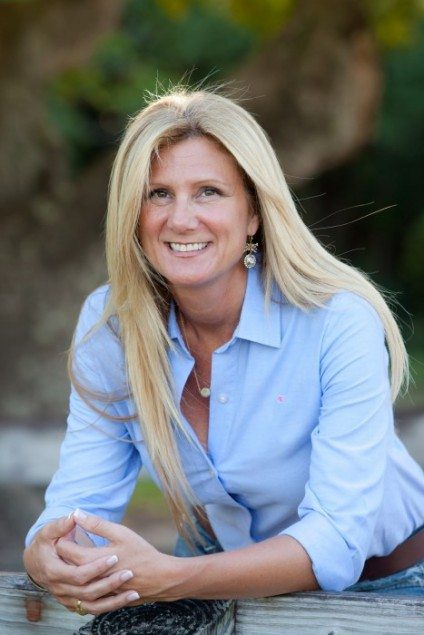The charity “that began with a bowl of cornflakes” continues to help Miami- Dade’s homeless.
“That’s how Brother Mathias Barrett, the founder of Camillus House, would tell people how the organization began,” said Andria Hanely, vice president of development for the 55-year-old humanitarian organization named after Saint Camillus de Lellis, the Patron Saint of Nursing.
Aiding both the poor and homeless, the service was originally established in 1960 by the Brothers of the Good Shepherd to help growing numbers of Cuban exiles.
Focus on the homeless became a prime City of Miami issue in recent months that ranged from a “poop” map of the dispossessed to controversies over both sheltering a growing population of the homeless.
During July, a City of Miami commissioner objected to providing three-inchthick mattresses for overnight bedding of the homeless in a downtown Camillus House courtyard, a $60,000 monthly expense.
The issue was ultimately resolved with a plan to use the funding in October for 75 beds provided by the county’s Homeless Trust, an agency that shares aiding street people, primarily in downtown areas.
Camillus House has now grown to offer a comprehensive system of care, operating in 15 different locations from its 1603 NW Seventh Ave. center, mostly in eastern Miami-Dade County, Hanely told a West Kendall audience during the July 29 Citizens Advisory Committee meeting at Miami-Dade Police Hammocks District Headquarters.
“The problem of homeless people is not as acute in west Miami-Dade,” said Adriana Cohen of the Hammocks District Neighborhood Resource Unit.
“We did have many cases last year when foreclosures led to vacant homes, but the evictions primarily were people losing homes and being forced to move in elsewhere. “We work closely with both Camillus House and the Homeless Trust to find shelter for them. In addition, we help the homeless find meals like those served by the West Kendall Baptist Church food bank, one of our area’s largest.”
For the most part, the permanently homeless in West Miami-Dade are referred to Miami-Dade’s Homeless Trust agency which recently approved provision of 150 beds with wrap-around services, primarily for Miami’s “street people.”
“Homeless people need help, from their awakening with a breakfast meal to a safe and secure place to spend the night,” said Hanely, who noted that only begins the extent of Camillus’ services.
“We now provide food, clothing, emergency, transitional and permanent housing, physical and mental care, and substance abuse treatment as well — all of it with a humanitarian touch, like our clothing service where women can pick out what they need from racks we maintain like a JC Penney mall store.
“People need to retain their dignity no matter what their circumstances, and we respect that,” she added.
In round numbers, Camillus House yearly provides free meals to 350,000; social services to 4,000; showers, clothing and food to 2,700, and social activities to 3,300. Of 160 receiving substance abuse treatment, 77 percent are retained or become successful in its programs.
Camillus House operates on a $20 million annual budget that includes employment of 120 staff members, including formerly homeless individuals, and is assisted annually by more than 1,500 volunteers.
Donations to aid Miami’s homeless range from $10 to feed 10 hot meals to $1,000 that will provide a home for a family for up to four months. For information, contact contactus@camillus.org or call 305-533-2905.





